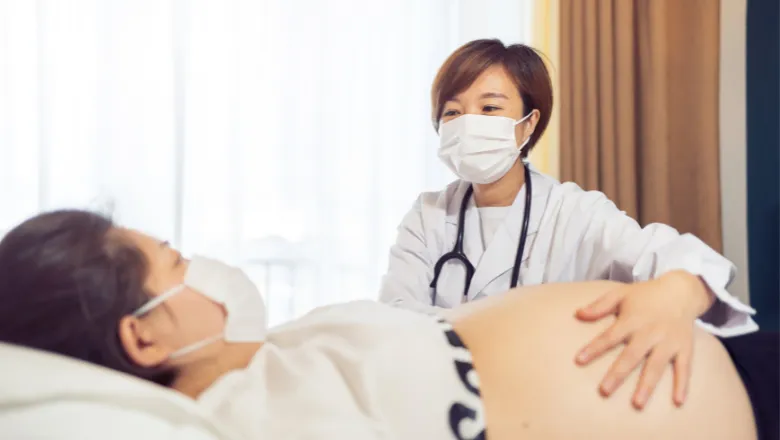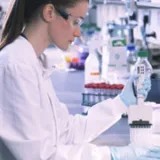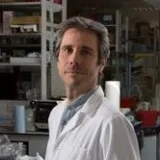This data highlights that the neonatal immune system can be affected by maternal state even in the absence of direct infection of the baby. This opens up many avenues of research and suggest that other maternal factors may be capable of changing fetal immune system development”.
Dr Deena Gibbons
06 October 2021
Exposure to SARS-CoV-2 during pregnancy impacts the developing immune system of the fetus
New research from King’s suggests COVID-19 infection in the mother alters the immune system of the baby in utero.

Although there have been many studies into COVID-19, and even studies into the effect of SARS-CoV-2 infection on pregnant mothers, relatively few studies have looked at what impact maternal COVID-19 infection may have on the developing fetus.
A new study by researchers in the School of Immunology & Microbial Sciences at King’s, published today in Nature Immunology, looked at the immune system of babies born to mothers exposed to SARS-CoV-2 at different stages of pregnancy.
They found that, perhaps unsurprisingly, babies born to mothers with recent or ongoing infection had enhanced levels of circulating mediators as well as increased percentages of cells known to be involved in rapid response to infection. Notably, the ability of immune cells to make mediators was enhanced even in babies born to mothers who had COVID-19 earlier in pregnancy. This suggests that infection in the mother has altered the immune system of the baby.
They also found that the mother did pass antibodies against SARS-CoV-2 to their baby through the placenta – known as the transfer of passive immunity. This was particularly evident if the infection was earlier in pregnancy.
Commenting on the importance of their findings, Dr Deena Gibbons said:
Sarah Gee, first author of the paper and a PhD student in the Peter Gorer Department of Immunobiology, added:
It will be interesting to know whether these immune changes allow the neonate to make better responses to subsequent infections after birth."
Sarah Gee
The authors of the paper will be testing more neonates to see whether others may have specific responses to SARS-CoV-2 suggesting the transfer of the virus from the mother to the baby – which does appear to be rare. They are also now looking at how maternal infection may be changing the immune system of the infant and how long these changes might remain.
Read the full paper, The legacy of maternal SARS-CoV-2 infection on the immunology of the neonate, in Nature Immunology.







